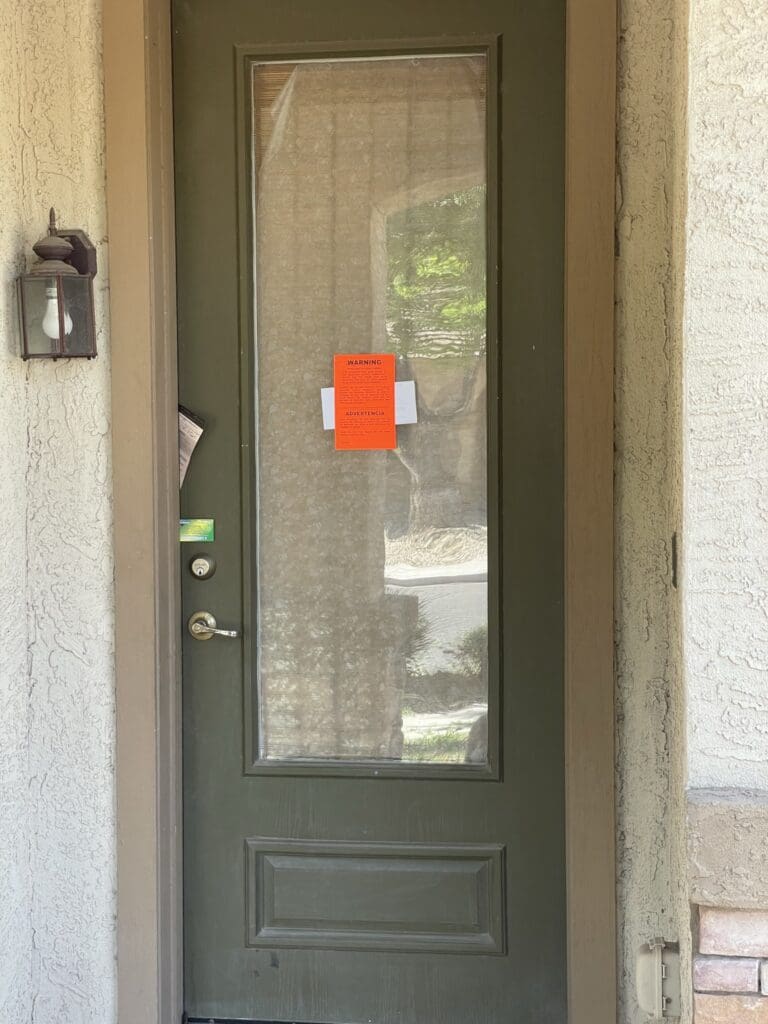In Arizona, month-to-month leases can be terminated by either the landlord or tenant with a 30-day written notice.
In the absence of a written lease agreement–or if a written lease expired–Arizona tenants have month-to-month lease. Per A.R.S. § 33-1375(B), either the landlord or tenant can terminate the month-to-month lease with a 30-day written notice.
The landlord or the tenant may terminate a month-to-month tenancy by a written notice given to the other at least thirty days prior to the periodic rental date specified in the notice.
A.R.S. 33-1375(B)
timing of the 30 day notice
Calling these notices, a 30-day notice is a bit of a misnomer because the 30 days isn’t calculated from the time the notice was mailed or received. The 30 days begins on the first of the coming month.
It would be logical if the 30 days started from the time the notice was mailed or received but 30 days start at the beginning of the next billing cycle–usually the first of the month.
For example, if rent is due on the 1st day of the month and a landlord sends the 30 day notice of October 12th, the tenants have until November 30th to vacate. If they have not vacated by that date then an eviction action can begin.
So factor the correct timing into your plans. Lastly, make sure the 30-day notice is sent via certified mail!

Furthermore, a tenant who does not vacate by the end of the 30 days may be liable to the landlord for additional damages. A.R.S. § 33-1375(C) states:
“If the tenant remains in possession [of the property] without the landlord’s consent after expiration of the term of the rental agreement or its termination, the landlord may bring an action for possession and if the tenant’s holdover is willful and not in good faith the landlord, in addition, may recover an amount equal to not more than two months’ periodic rent or twice the actual damages sustained by the landlord, whichever is greater.”
A.R.S. 33-1375(C)
This means that tenants who do not leave by the end of the month face the risk of double damages being added onto the judgment obtained by an Arizona landlord.
If you are an Arizona landlord looking to evict a tenant for wrongful holdover then contact the Dunaway Law Group at 480-702-1608 or message us HERE.
The Dunaway Law Group provides this information as a service to clients and other friends for educational purposes only. It should not be construed or relied on as legal advice and does not create a lawyer-client or attorney-prospective client relationship. Readers should not act upon this information without seeking advice from professional advisers. Additionally, this Firm limits its practice to the states of Arizona and New York.



